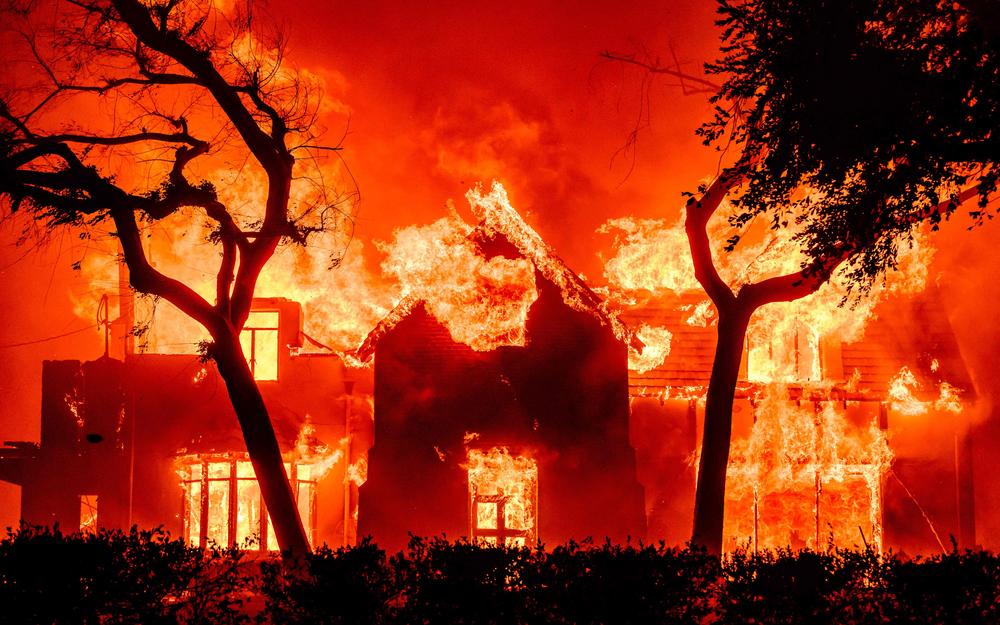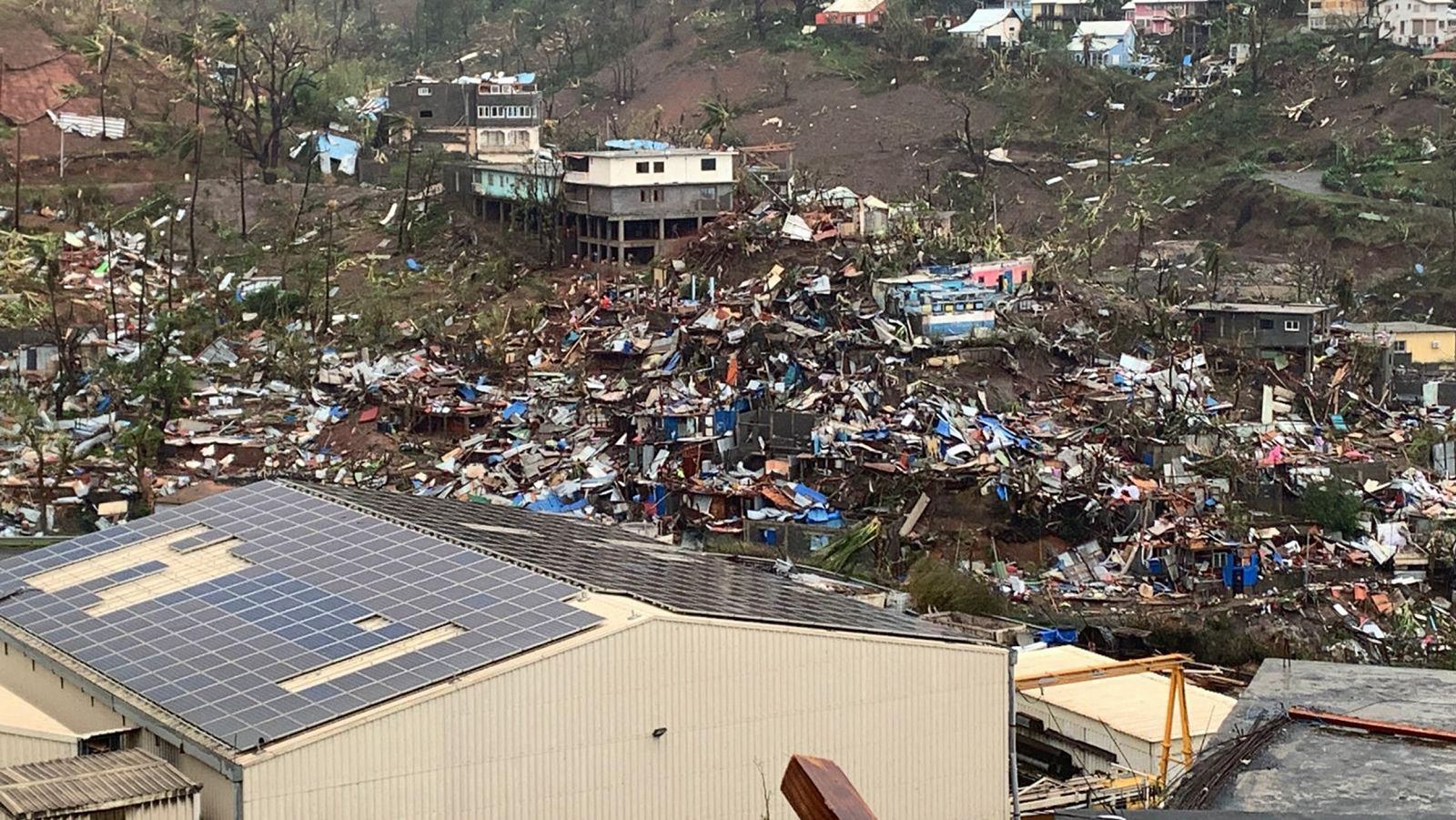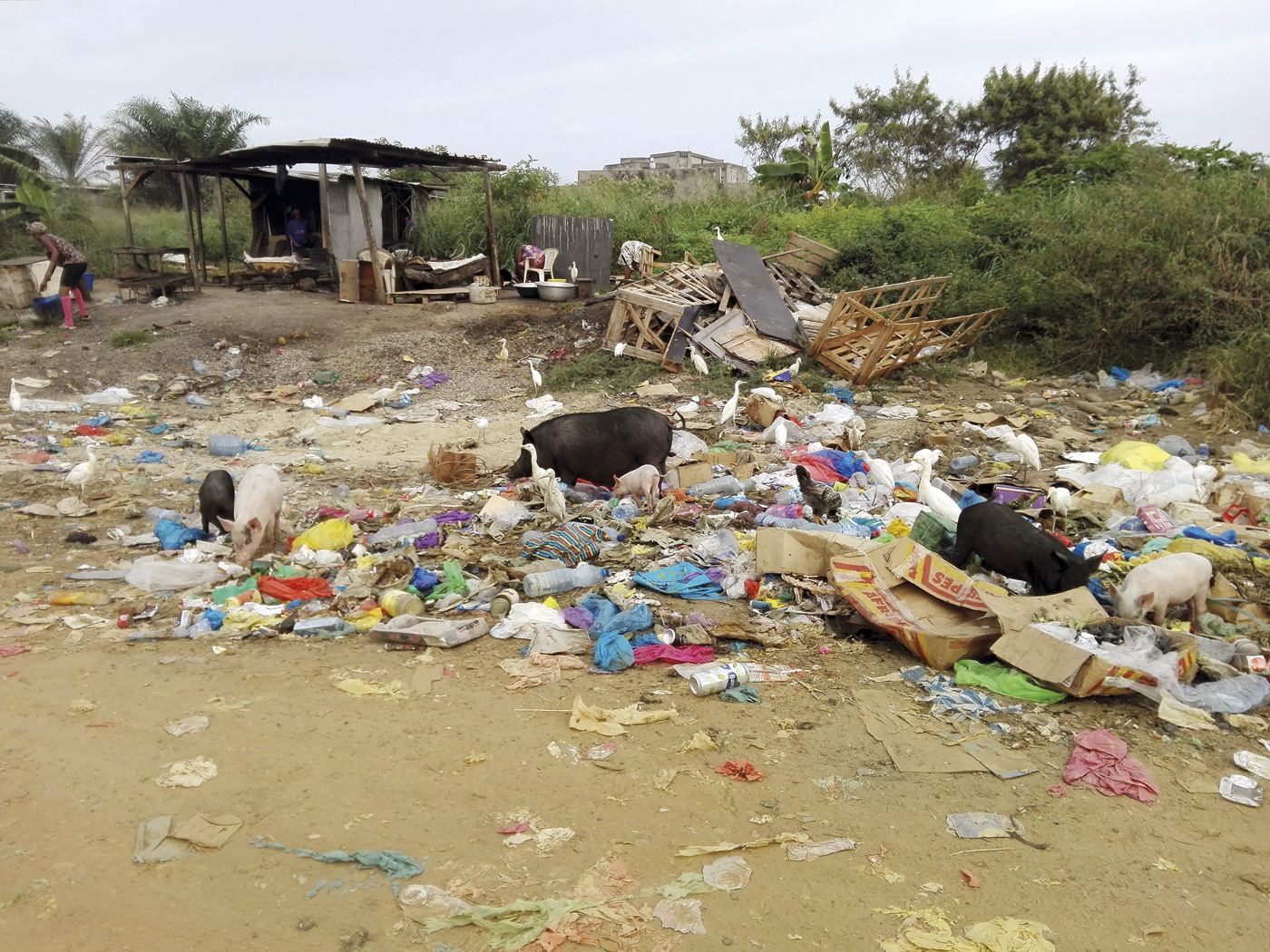Indonesia is sacrificing its environment in the name of the ecological transition
- To cope with the landing of Jakarta, the capital of Indonesia, and to respond to the problem of Jacobean pollution, a giant city is built from scratch in the Borneo jungle. The newly created Nusantara will be dedicated to channelling transfers and will become a new capital. Despite the destruction of the ecosystem and the dramatic increase in CO2 emissions, the Government regards it as a “green city”. If this were not enough, it is building one of the largest industrial centres in the world to end oil and gas imports. He also considers it “green”.

Among the most significant examples of green capitalism fraud are two macro-projects initiated by the Indonesian Government: “The ecological city of Nusantara” and “Green industrial area of the Kalimantan region”. Social and ecological collateral damage is so great that a lack of consistency in mathematical calculations predominates. If they are covered with words “green”, “ecological” and “carbon-neutral”.
As for the city of Nusantara, since 2019 the government has been talking about this purpose and Parliament approved it on 18 January 2022. Instead of Jakarta, they will have their capital and all political institutions, financial offices, officials and Jacobs will move. At 1,200 kilometres from Jakarta, the new capital has been installed in the centre of the largest island of Borneo, in the middle of a jungle, in a natural space of 2,500 square kilometres. It has been drawn as a “green city”: renewable energies, electric cars, designed to do everything on foot, replanted 65% of the forest... Being carbon neutral by 2045, absorbing so many emissions.
The choice of the largest island of Borneo in the archipelago is important because Indonesia is a country threatened by the rise of the sea. Every year they go out into the sea about ten centimeters, eliminating the typical islands and questioning the daily lives of citizens. Gundul and Betet have just been devastated by the sea and four others have the same chance in the medium term: Salah Namo, Burung, Kramat and Kalong. They have the problem of reducing both the island and rising sea levels. It is the result of an excessive and illegal pumping of water that destroys underground aquifers and kills loads from buildings. So, Jakarta leaves every year 10-15 centimeters – 25 centimeters north of the city.
In addition, it is a city threatened by tsunamis, volcanoes, earthquakes and floods, with tectonic plates in a meeting area. Added to these natural threats are the damage to human activities: 30 million Jacobs and their activity. 55 per cent of Indonesia ' s population and economic activities are concentrated in it, placing it among the most polluted cities in the world.
Adaptation to the emergency instead of modifying it
He made an interesting analysis of this macro-project in Nusantara: the nouvelle capitale Indonesiésienne, quand la fuite climatique se substitue à la lutte (“Nusantara: The new capital of Indonesia, in which the fight against climate is imposed in the fight against climate”) scientific articles. Researchers make a regrettable conclusion: “On paper, it is an economically viable project, but problematic in all other areas and it clearly shows us the inability and lack of interest of peoples in the face of the social and ecological crisis. Climate warming directly affects a portion of the population. But instead of changing the ways of thinking and living, they prefer not to change anything and start somewhere else again. Moving [Jakarta] is getting away from the problem.”
The macro-project costs $33 billion and only 19 per cent is covered by public money (Indonesian President Joko Widodo assumes the risk of 81 per cent being left in the hands of multinationals and international and local private interests). An “aberration” according to the population, knowing that it has been a “not too thoughtful” decision (damage to the environment and its indigenous populations is not mentioned in the report of the Indonesian Court of Auditors in June).
Three are the major ecological damage that the Walhi NGO regrets. Firstly, with regard to climate, deforestation and ecosystem confusion, climate change will increase, as in addition to increasing CO2 emissions, there will also be other alternatives to absorb CO2 emissions. The second, the fauna and flora of the island will be destroyed and three, the buildings and subsequent activities, will cause heavy pollution. That is, the “green city”, presented as an exit solution, will only increase the climate emergency in which it is based.
Socially, Nusantara is also a drama. First, because Bali, which lives in the centre of the Bornean jungle, has stolen land from the indigenous people, in exchange for two soss and without giving it the option: “We are asked to go, but we do not know under what conditions: there is no clear compensation criterion,” says a witness to Reporter’s journalist. On the other hand, 30 million Jacobs will not be able to move. The constituencies of the members of the government, the officials – every year they are 25,000 officials from 2024 onwards – the financiers and those who have economic capacity, those yes – but the others? Who will have to be in the contagious and threatened Jakarta? Who will have to migrate to another place by necessity? The poorest.
Also underway the world’s largest “green” industrial complex
In the face of the global ecological crisis, the industrial estate of Kalimantan is an example of the choice of not leading the paradigm shift. Also on “green” and “ecological” paper. They are built in a natural space of 30,000 hectares. Energy from the hydroelectric, solar and solar power plants in the area will be used to produce high-level “green” technologies – lithium-ion batteries, solar panels, etc. – extracting the minerals and metals needed for these technologies – Indonesia is the world’s largest nickel reservoir country, it is rich in aluminium...... Despite their presentation as green energy, the ecological damage of these mines and macro-plants is known. In essence, the list of those who invest in it is significant, precisely because they are multinationals in the gas, oil and coal sector.
There was no one or all. That we all suffer at least if the necessary changes are not made so that no one suffers the climate emergency. You – reader – I – Jenofá-, they – poor – and they – rich. The fires in Los Angeles did not give me satisfaction, but a sense of... [+]
The understanding and interpretation of the mathematical language is what is important in the learning process, at least it is what we say to our students. The language of mathematics is universal, and in general, the margin of error for interpretation tends to be small. We... [+]









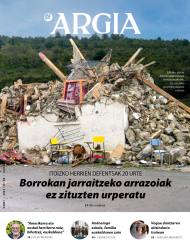


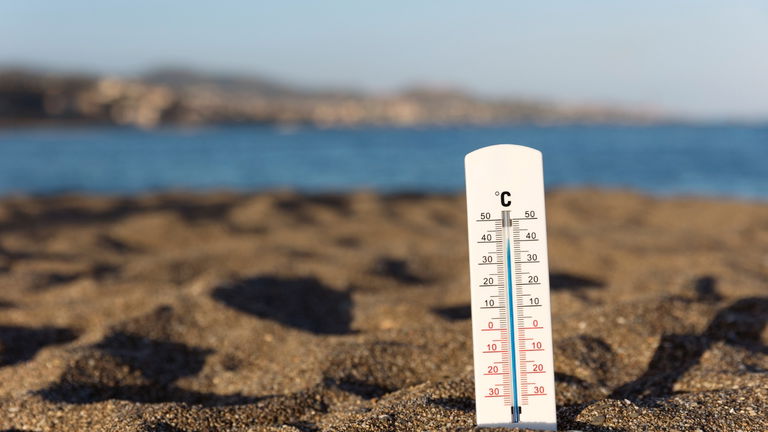
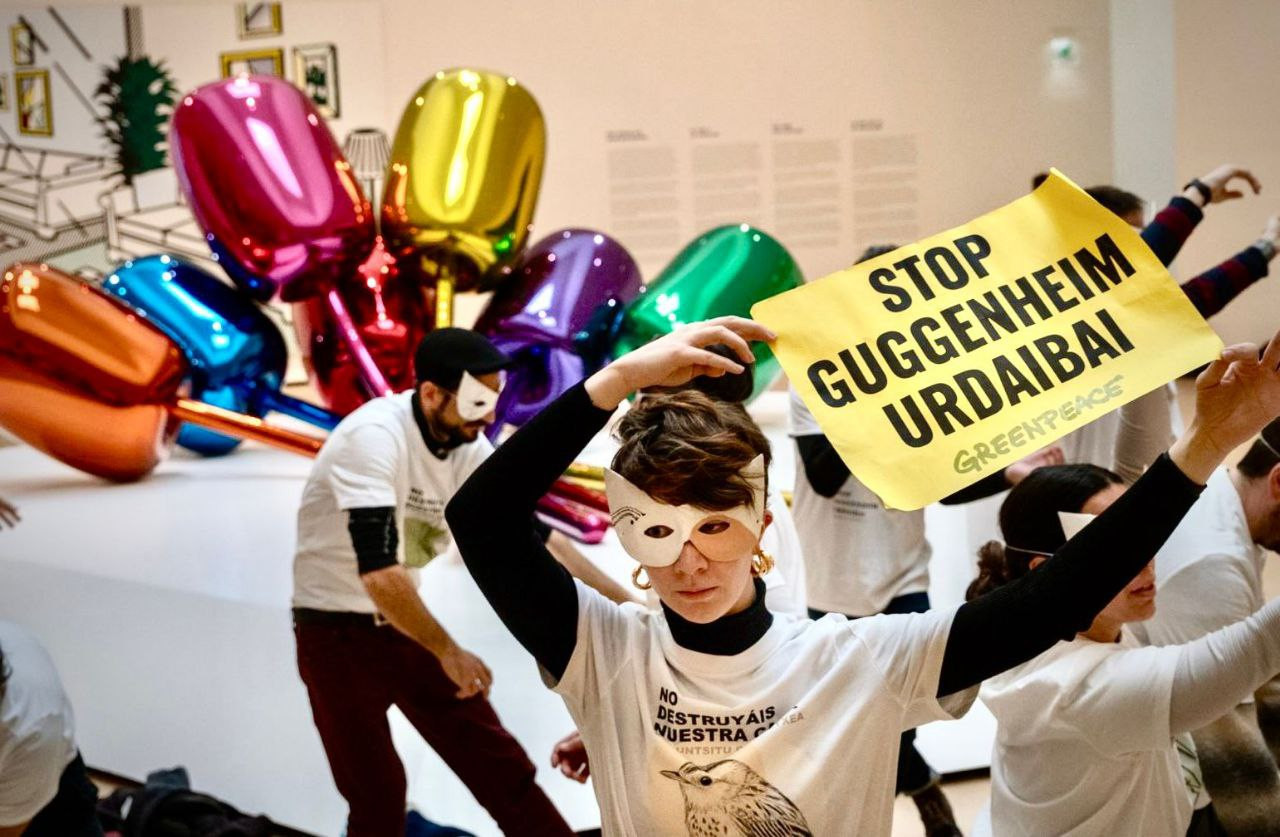

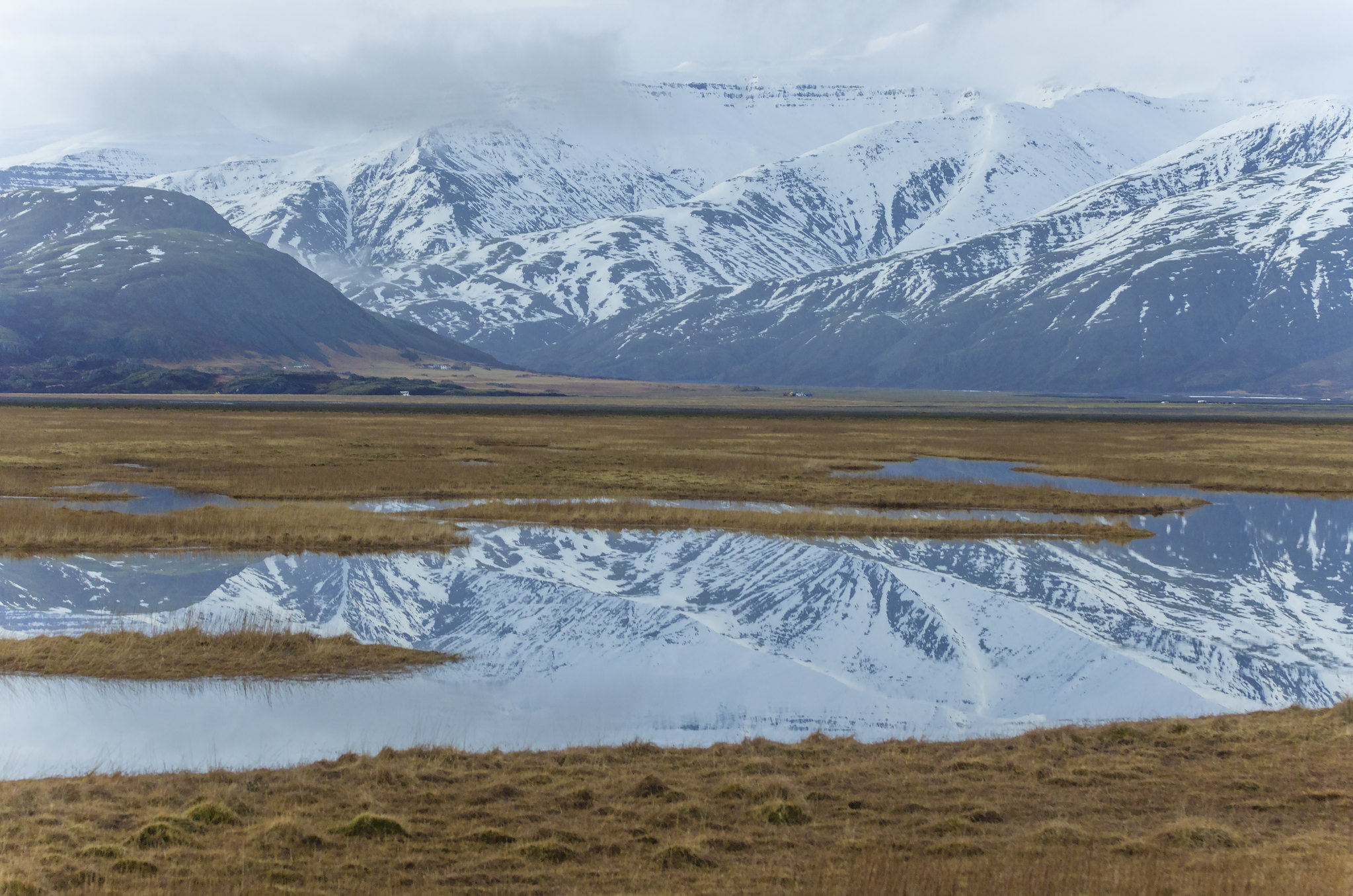
-(1).jpg)
